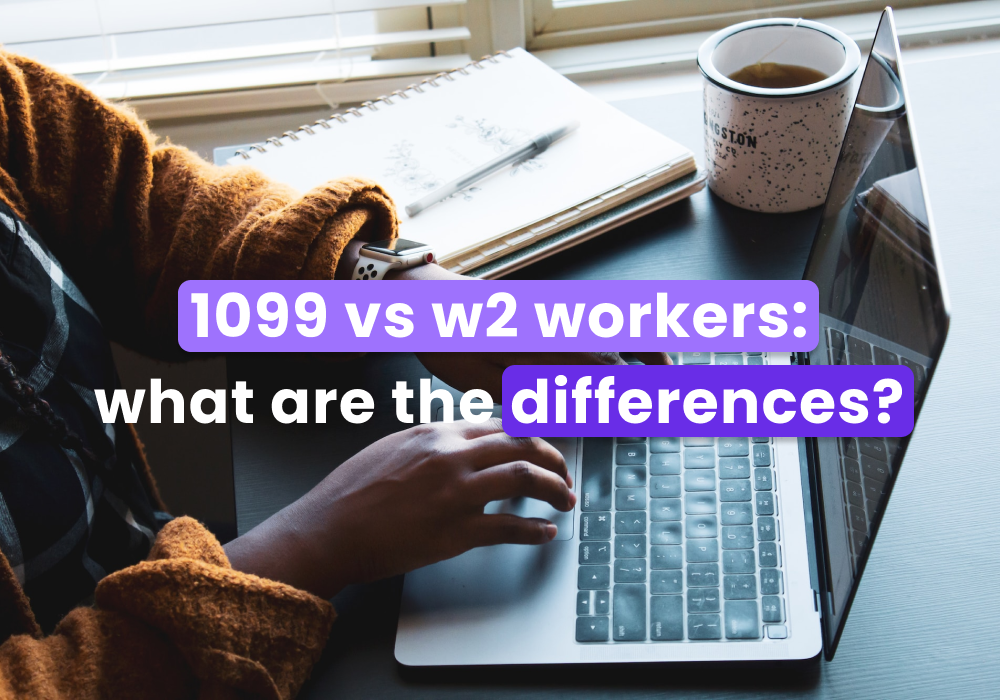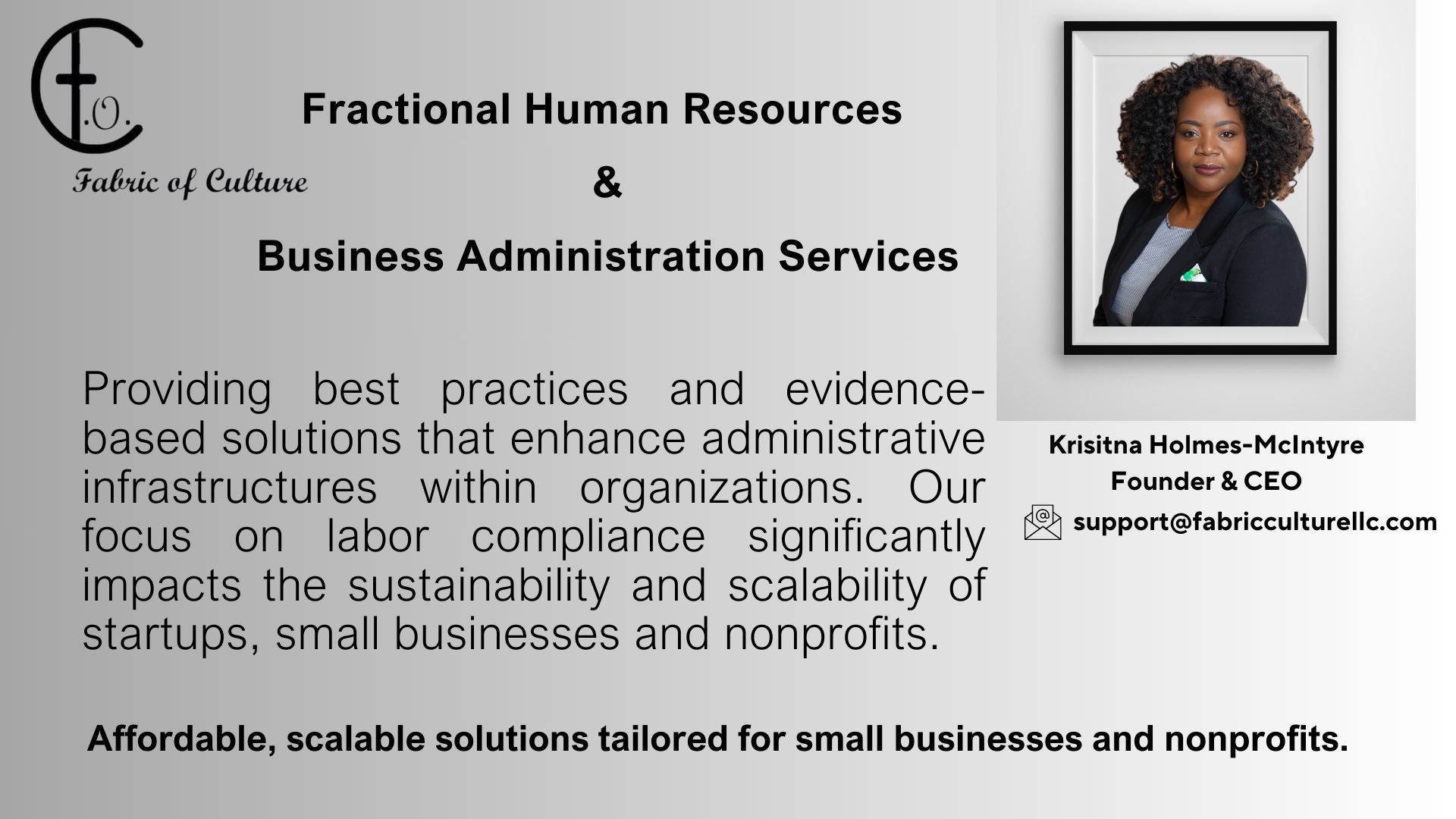
Use Our FREE Assessment Tool
You will also be subscribed to our bi-weekly newsletter Cultural Threads, you can unsubscribe at any time.
Frequent Questions & Answers
Compliance with Worker Classifications
Why is proper worker classification important?
Proper classification is crucial because it impacts taxes, benefits, and legal rights. Misclassifying workers as independent contractors when they should be employees can result in significant legal and financial penalties, including back taxes, fines, and potential lawsuits. Ensuring that workers are classified correctly helps protect the organization and your workers from loss and other risks.
What happens after I complete the assessment?
After you complete the assessment, a score will be generated based on your answers. This score will help determine whether the worker is likely a W2 employee or a 1099 contractor. Based on the score, we strongly recommend consulting an attorney if the results suggest the worker may be an employee and they have been working with your organization for some time. Even if your results indicate a contractor, we advise reviewing the relationship with an HR professional for advice based on existing ambiguity.
How are the assessment results calculated?
The assessment is based on 20 key questions that evaluate factors such as the company’s control over the worker, the worker’s independence, and the nature of the working relationship. Each question is assigned a weight based on its importance in determining classification. High-impact questions are worth more points, and the total score helps determine the worker’s likely classification.
This tool is not legal advice nor should it be used as consultation with Fabric of Culture LLC. This tool is for informational purposes only based on DOL and FSLA standards.
Can a worker be classified as both a W2 employee and a 1099 contractor for the same company?
This is highly unusual and could lead to misclassification issues or trigger an IRS audit. Generally, a worker should be classified as either a W2 employee or a 1099 contractor, not both. If you have worker(s) classified as both we highly recommend scheduling a consultation or contacting your attorney.
If a worker sets their hours, are they automatically considered a 1099 contractor?
Not necessarily. While setting their own hours is a sign of independence, it is only one factor in determining classification. Other factors, such as who controls how the work is done, whether the worker is required to follow company procedures, and how they are paid, are equally important. This is why using a comprehensive assessment tool is crucial.
What is the 'economic dependency' factor, and how does it affect classification?
Economic dependency' refers to how financially reliant the worker is on one company for their income. A worker who depends on a single employer for their livelihood is more likely to be considered a W2 employee, while someone who works with multiple clients and can generate income from various sources is more likely to be an independent contractor.
Access our FREE Assessment Tool
&
Subscribe to Cultural Threads
Enter your email address & name
Use our FREE assessment tool
Bi-Weekly trends, tips & tricks on building websites.
Receive promotional discounts and offers only available to our subscribers!

